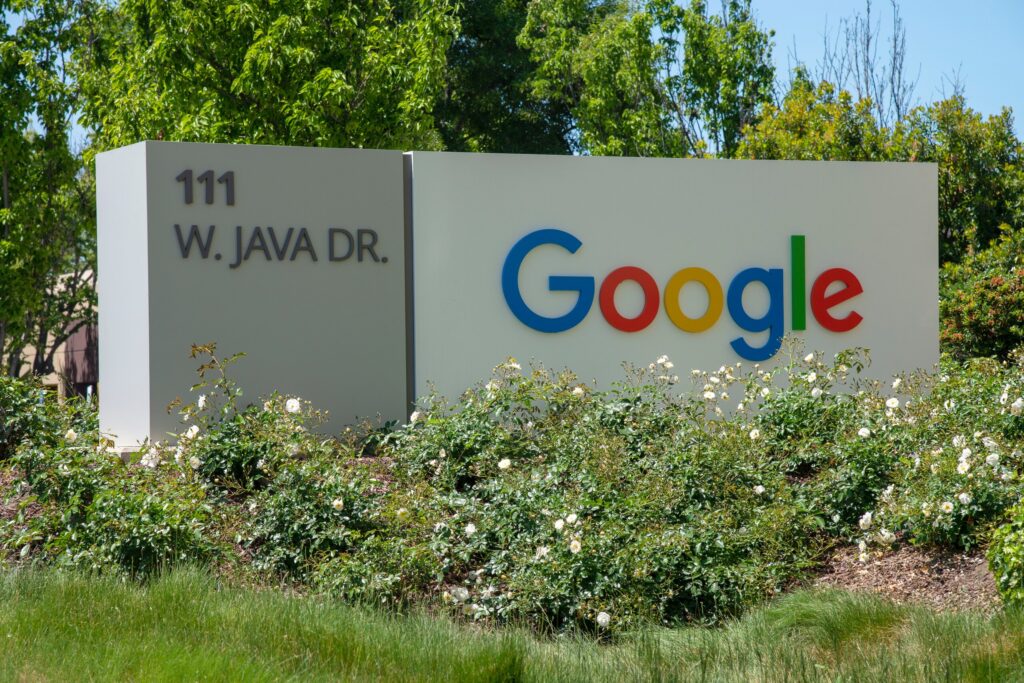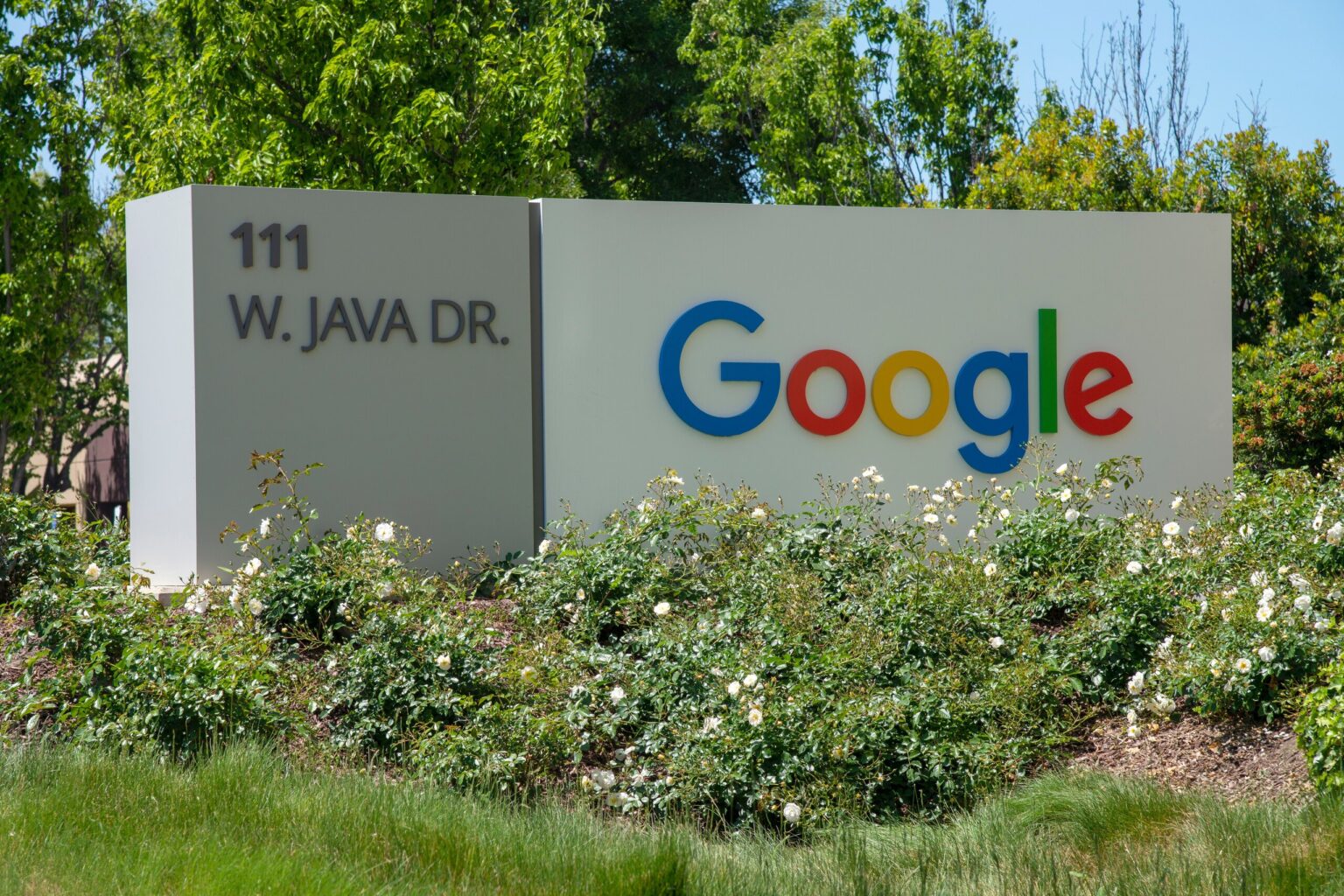Google, the global tech giant synonymous with internet search, is currently embroiled in a pivotal antitrust trial in Washington, D.C., facing allegations of abusing its power to establish a monopoly.

The case has far-reaching implications not only for Google but for the entire tech industry. Google has vigorously denied these accusations, asserting that users have easy alternatives to its services, requiring just “literally four taps” to switch providers. In this article, we delve into the key arguments presented by both sides and the implications of this trial for the future of the internet.
The United States government’s lawsuit centers on the substantial payments Google has made to companies like Apple, Samsung, Mozilla, and others to secure its position as the default search engine on their platforms. It is estimated that Google pays over $10 billion annually for this privilege, which in turn grants it access to valuable user data, further cementing its dominance in the search engine market.
“This case is about the future of the internet, and whether Google’s search engine will ever face meaningful competition,” said DOJ lawyer Kenneth Dintzer
Prosecutors argue that Google’s payments to ensure default status have effectively stifled competition. They point to Google’s tactics in 2005, when it began to pay Apple as a default search engine, as a prime example. The government alleges that Google not only discouraged Apple from developing its search products but also threatened to cut off payments if other companies gained similar access, creating a monopolistic environment.
“This is a monopolist flexing,” Mr. Dintzer said.
Google vehemently refutes these allegations, asserting that it faces fierce competition not only from general search engine providers like Microsoft’s Bing but also from specialized apps and websites catering to users’ diverse needs, such as finding restaurants or booking flights. The company’s lawyers argue that users frequently access the internet through various means other than default search engines.
John Schmidtlein, representing Google, maintains that the evidence presented during the trial will demonstrate the company’s commitment to competition on merit. Despite Bing being the pre-set default search engine on the majority of Windows PCs, a significant number of users opt for Google, indicating the platform’s superiority based on user choice.
This high-stakes trial comes at a critical juncture for Google and the broader tech industry. The outcome will undoubtedly influence the regulatory landscape for tech giants and may have far-reaching consequences. If the government prevails, it has requested “structural relief,” potentially involving the breakup of Google.
Furthermore, the tech landscape has evolved since this case began. Artificial intelligence and new search technologies, like ChatGPT, are emerging as formidable competitors to Google’s traditional search engine dominance. These advancements pose new challenges to Google’s position and may reshape the competitive landscape.
